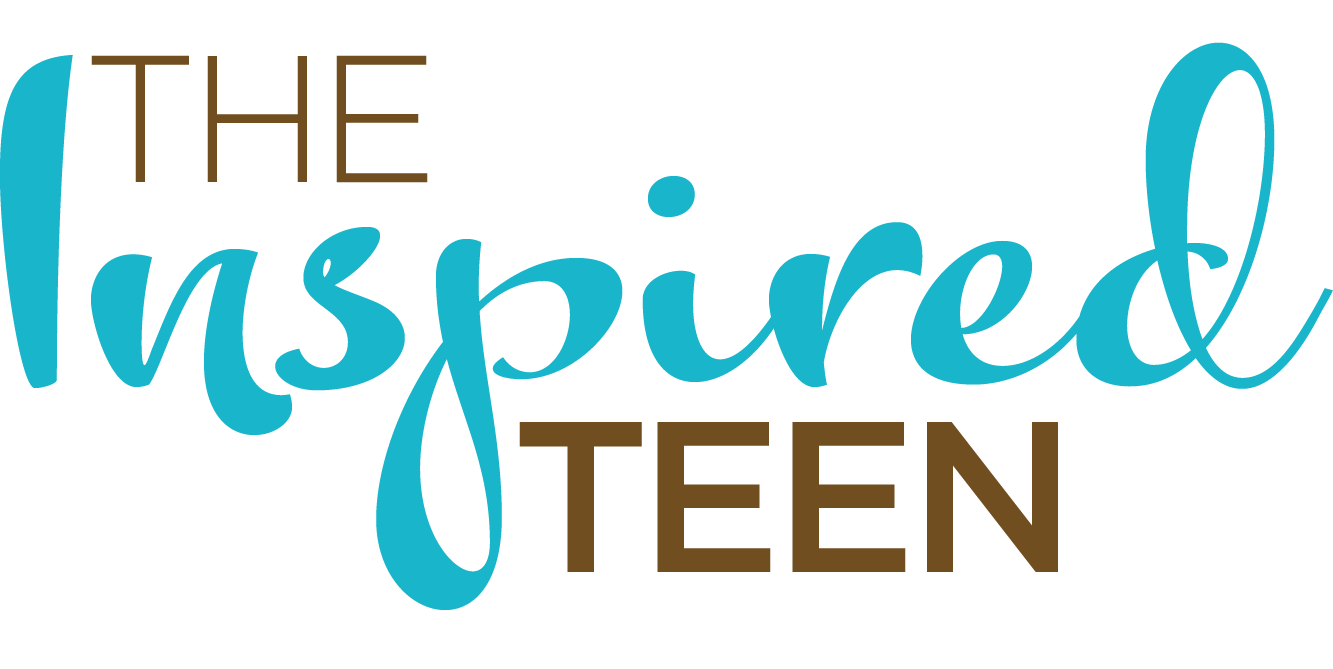Parent Teen Night: Intellectual Health
This area covers topics like homework, school, careers, choosing our thoughts, planning for the future, thought distortions, are more!
Questions Every Teenager Needs to Be Asked
This Ted Talk by Laurence Lewars is absolutely fantastic! He talks about dreams and how teens need to revive theirs and choose their futures.
230 Talents PDF
This list is amazing! Print out a few copies and each of you can circle the talents you feel like you already have and ones you would like to develop. Discuss how you can support your teen in these areas.
Tales of a Teenage Photographer
In this Ted Talk teenager Zachary Maxwell talks about how he has made a difference through the lens of a camera.
Hi, I’m Scott
In this Ted Talk Scott Mescudi, aka Kid Cudi, returns to his high school to talk about growing up and his career path in the music industry.
Goal Worksheet PDF
Learning to set and reach goals can bring so much happiness to our lives, as well as give your teen direction. Print this out and talk about a single goal each of you can set and why you want to set it.
Goal Tracking Worksheet PDF
You can print this as well so you and your teen can track the goal you set.
2 Things You Need to Understand to Stop Being Lazy
This 5-minute video by Roy Baumeister describes willpower in a simple way. After watching it discuss procrastination and come up with a few ways to preserve willpower and get more done.
Inside the Mind of a Master Procrastinator
In this 15-minute Ted Talk Tim Urban talks about his battle with procrastination (in a humorous way) and urges us to think about what we are procrastinating and why.
The Secret to Becoming Mentally Strong
In this 15-minute talk Amy Morin, a licensed therapist, discusses the three basic factors of mental strength: regulating our thoughts, managing our emotions, and behaving productively despite our circumstances.
15 Thought Distortions PDF
Print this out, discuss what thought distortions are, and read through them. After reading each example see if you can think of some more examples.


